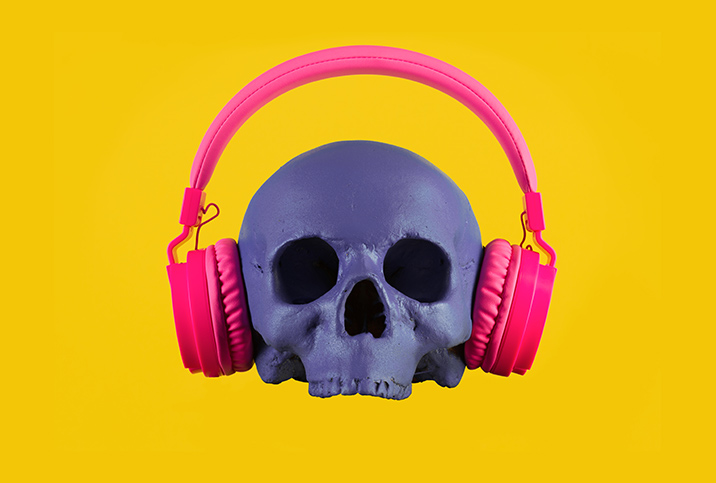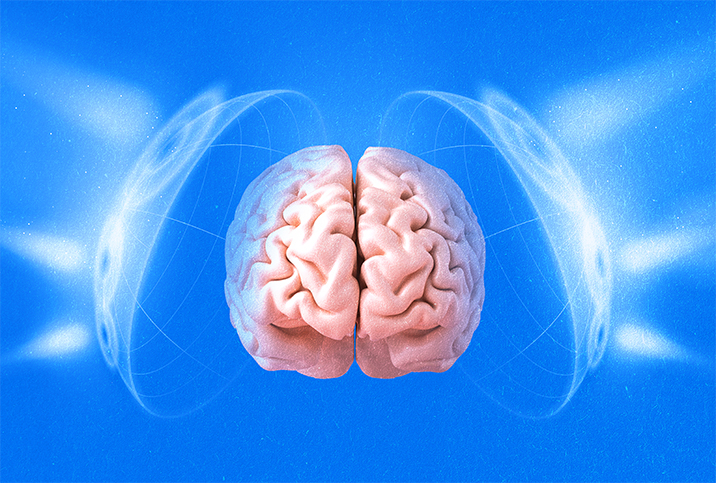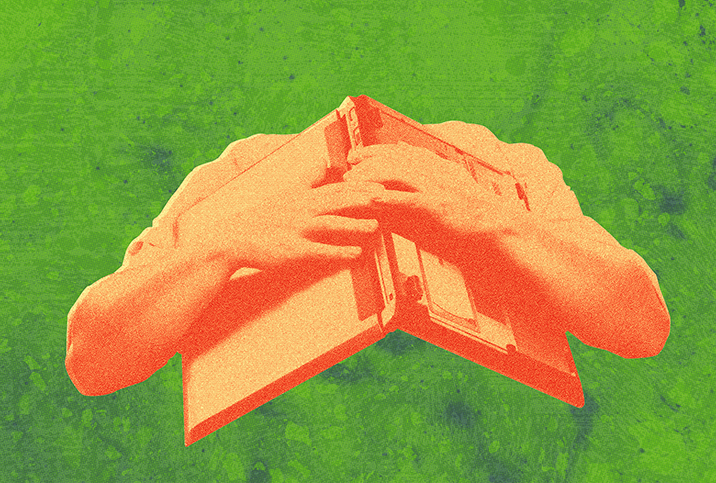Is Your Mental Health Affecting Work Performance?

People who manage mental health issues such as anxiety or depression may notice that in addition to daily struggles with mood, their capacity to be productive declines as well. Depression interferes with a person's ability to complete physical job tasks about 20 percent of the time and reduces cognitive performance about 35 percent of the time, according to the Centers for Disease Control and Prevention (CDC).
Kylie Sligar, Ph.D., a clinical psychologist with the Dallas Therapy Collective who specializes in working with people who have experienced trauma, explained that poor mental health can affect productivity even when someone is off the clock.
"When we are struggling with our mental health, one major area of our life that can be affected is our energy levels," she said. "This typically means it feels much harder to complete tasks than it normally is. Often, we spend so much of our energy at work that by the time we get home, we have nothing left to give to our personal chores and tasks."
The effects of lagging personal productivity
Personal productivity is seen as a measure of how effectively and efficiently you're able to do the activities that are personally important to you on a consistent basis.
When you ignore your personal needs—doing laundry, preparing meals, exercising or just having fun and engaging in hobbies—you are likely to feel burned out, stressed and exhausted. Sligar explained it's not uncommon for this cycle to make it more difficult to maintain meaningful relationships, including romantic ones.
Experts have found that when we nurture our mental health, productivity can increase and relationships—including romantic and intimate ones—may also see significant benefits.
"Conditions like anxiety and depression take up a lot of physical and emotional bandwidth," said Anna Clark-Miller, M.A., a licensed professional counselor at the Dallas Therapy Collective and owner of Empathy Paradigm Consulting, which offers training in areas such as maintaining mental health at work. "That leaves less capacity for the cognitive energy you need for things like problem-solving and critical thinking. This is a prime reason why you may notice your productivity dip at times when your mental health isn't at its best.
"Insomnia, for example, is a common mental health symptom that can make it very hard to focus on work or school," she added. "Overthinking, another common culprit that's often related to anxiety, traps our brain in a pattern of imagining bad outcomes, leaving little energy or motivation to take action. Think of cognition and self-care like the fuel efficiency of an engine: The more effort I put into maintaining the engine, the more efficient it will be."
Tips for taking care of yourself
Untreated mental health issues can snowball and become an obstacle, eventually getting in the way of daily functioning.
"Mood disorders, anxiety and trauma reactions can get us stuck in survival mode without any energy left for checking things off our to-do list," Clark-Miller said. "Worse, the longer we deal with frustrating, unwanted symptoms, the more discouraged we become, slowly losing confidence in ourselves or turning to unhealthy coping mechanisms. When personal productivity is a concern, self-care is almost always the place to start."
When it gets more difficult than normal to carry out responsibilities at work or perform day-to-day activities because of your mental health issues, the first step is to acknowledge where you're at mentally and emotionally, and create an action plan for how best to take care of yourself.
Everyone's list will look different, but some action items on your list could include reaching out to a mental health professional, taking some time off to care for yourself, and reassessing your priorities and how much time you spend working (or even just thinking about work) versus turning on your "out of office" status and fully unplugging.
"As mental health improves, productivity usually does, too, but there's a limit," Clark-Miller explained. "Many hard workers have driven themselves into burnout by using productivity as their measuring stick for success. In reality, wellness is much more than a list of what we have accomplished. A significant part of being mentally healthy is learning when to set aside your to-do list and rest or have fun."
If your mental health is affecting work performance, it can be helpful to think about what "being productive" means to you, Sligar said.
"There's so much more to life than what we can produce," she said. "A lot of individuals have beliefs around what it means to rest or take breaks, and only feel accomplished when they have completed something. Humans require rest and play to maintain well-being. No one is exempt from this."


















